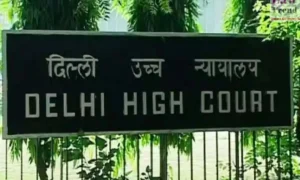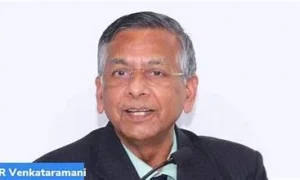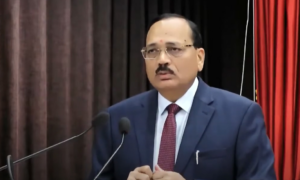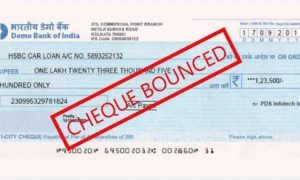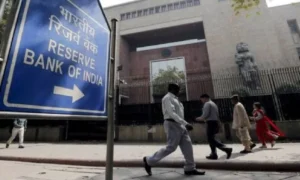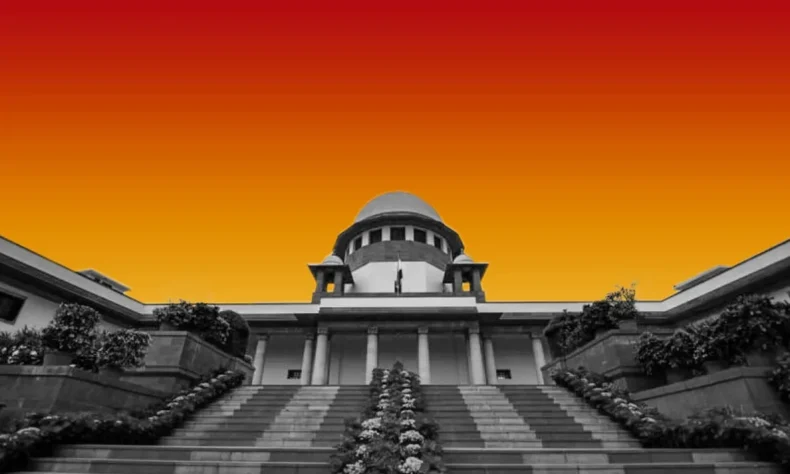
The Supreme Court on Tuesday raised a significant constitutional question while hearing the Presidential reference on whether Governors and the President can indefinitely delay granting assent to state bills. The Constitution Bench, headed by Chief Justice B.R. Gavai along with Justice Surya Kant, Justice Vikram Nath, Justice P.S. Narasimha, and Justice Atul S. Chandurkar, asked whether the court would remain powerless if a bill passed in 2020 still has not received assent even in 2025.
The issue arises from a reference sent by President Droupadi Murmu under Article 143 after the Supreme Court’s earlier ruling in April directed that Governors and the President must act within a reasonable timeframe under Articles 200 and 201. That judgment, passed in a case concerning Tamil Nadu, introduced time-bound obligations to prevent governance from being obstructed by prolonged delays in granting assent.
During arguments, senior advocate Neeraj Kishan Kaul contended that prescribing timelines intrudes upon constitutional discretion given to the Governor and the President and suggested that only Parliament can decide such matters. Senior advocate Harish Salve argued that the Governor’s discretion cannot be reduced to a mandatory timeline and should not be treated as a veto but as a legitimate constitutional mechanism.
He maintained that the judiciary cannot question the reasons behind the Governor’s decision to withhold assent. Supporting this position, senior counsel Maninder Singh noted that the framers of the Constitution envisaged such discretion and that mandamus may not apply to legislative functions.
The bench, however, pressed on the implications of such delays, observing that if a Governor can remain silent indefinitely, it would compromise the authority of an elected legislature and weaken democratic governance. The judges expressed concern that inaction could create a situation where an elected government becomes ineffective, raising doubts about constitutional accountability.
The court clarified that its advisory role under Article 143 does not allow it to review the previous judgment but only to respond to the President’s questions on timelines and constitutional interpretation. The hearing highlights a deep constitutional dilemma over balancing the discretionary powers of constitutional authorities with the need for democratic functioning and judicial oversight.
As deliberations continue, the outcome could reshape the contours of federal governance and determine whether prolonged inaction by unelected authorities is constitutionally permissible.
📰 Crime Today News is proudly sponsored by DRYFRUIT & CO – A Brand by eFabby Global LLC
Design & Developed by Yes Mom Hosting

